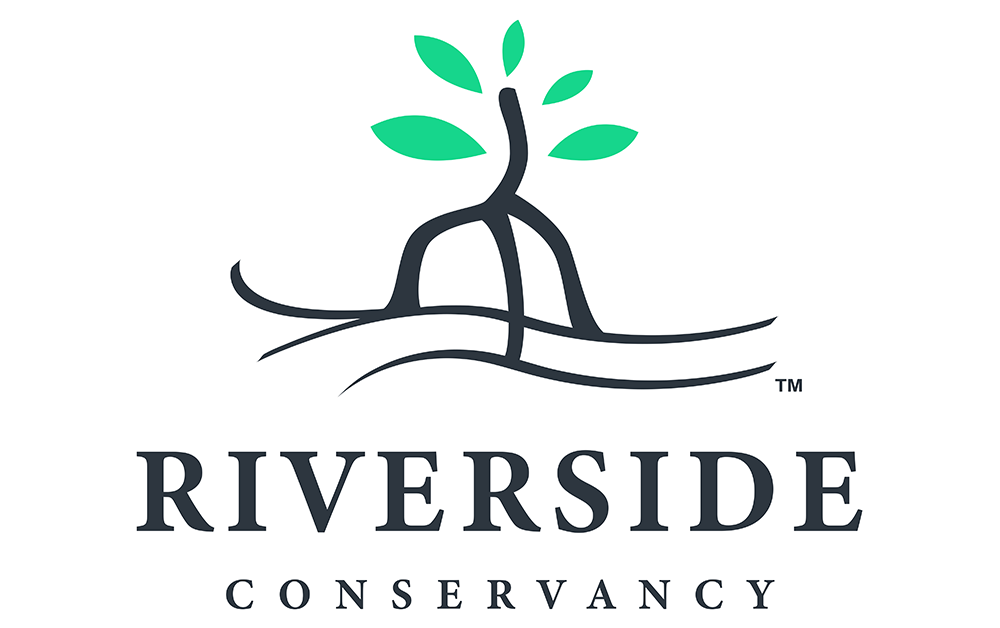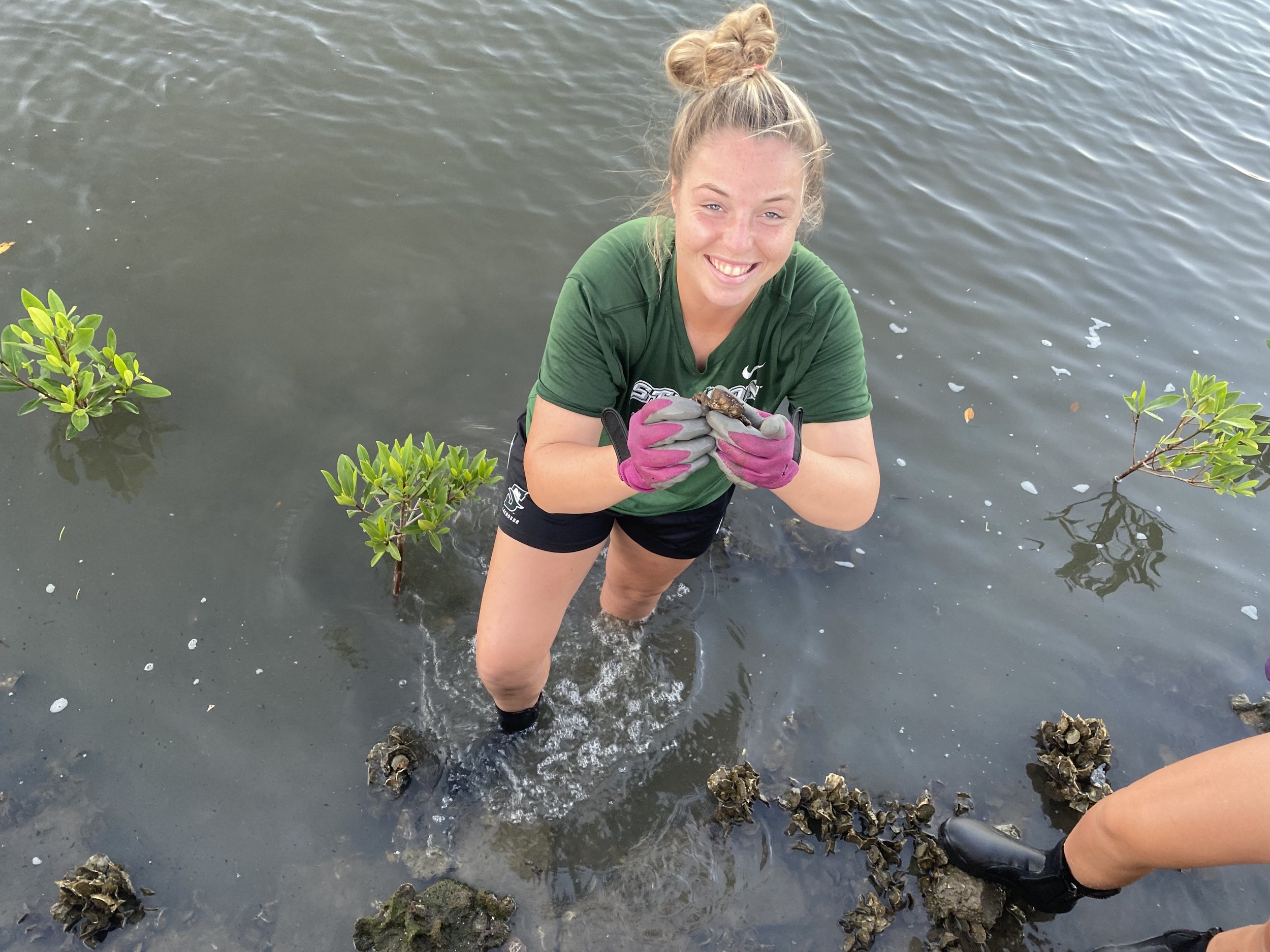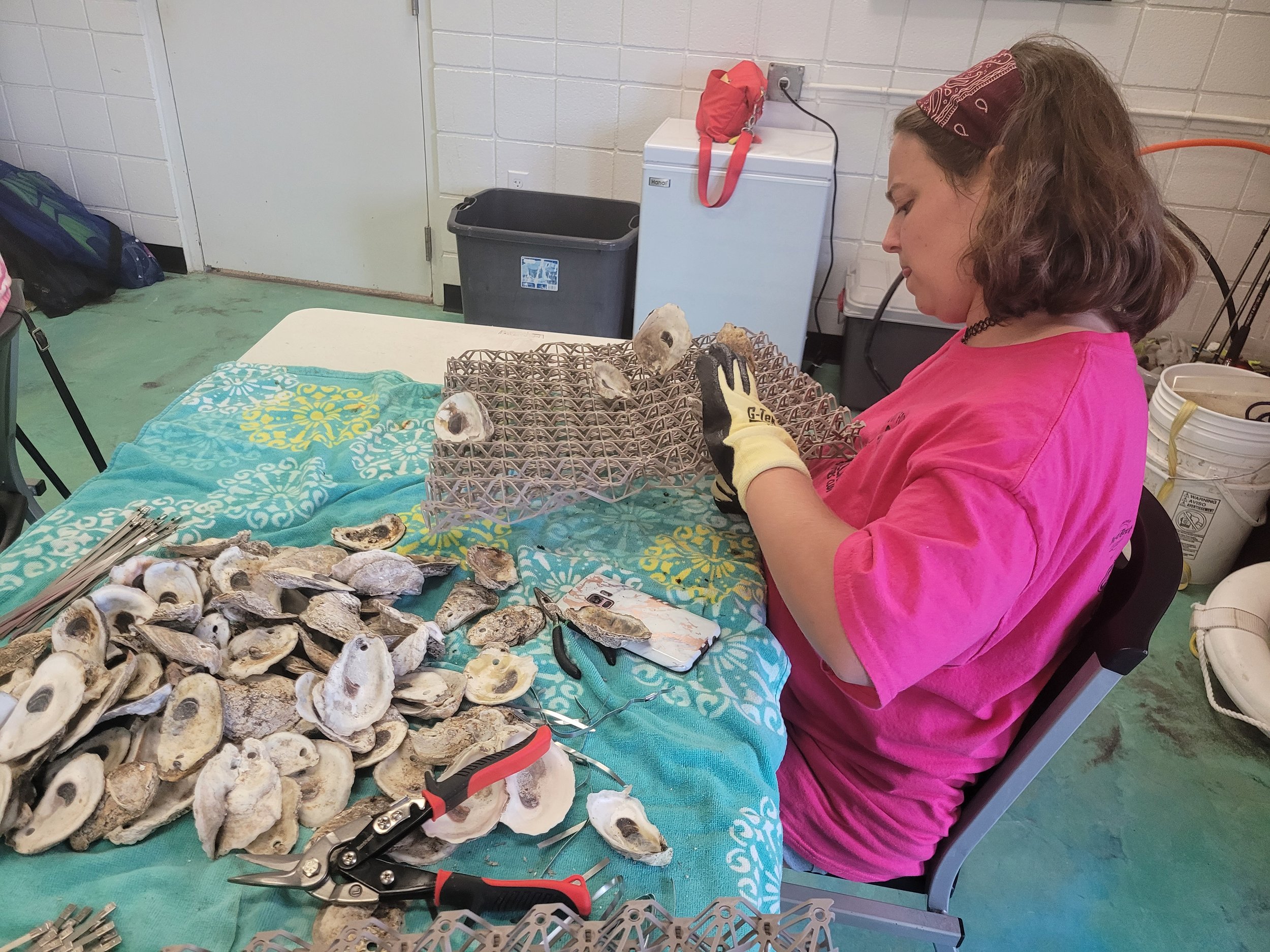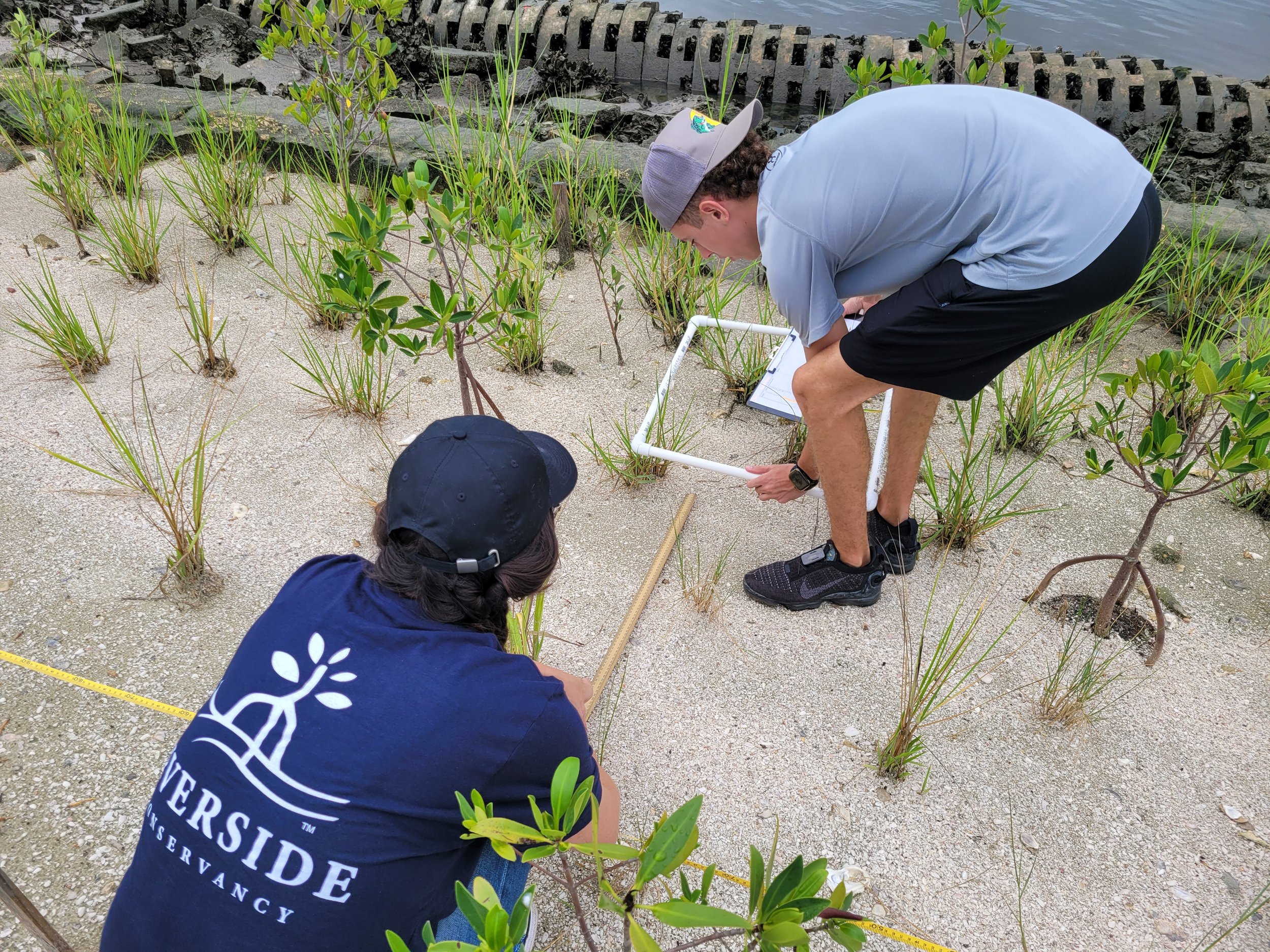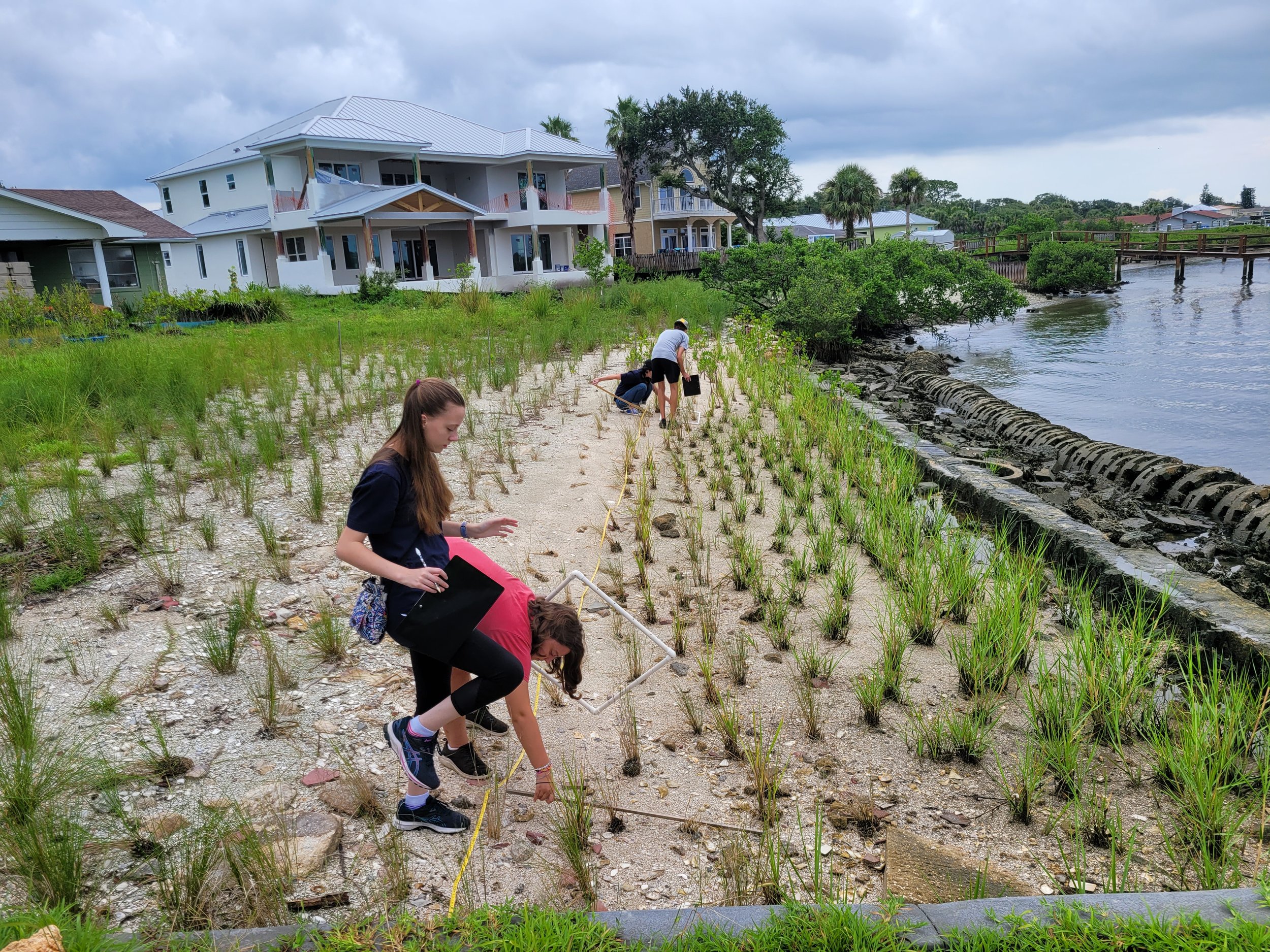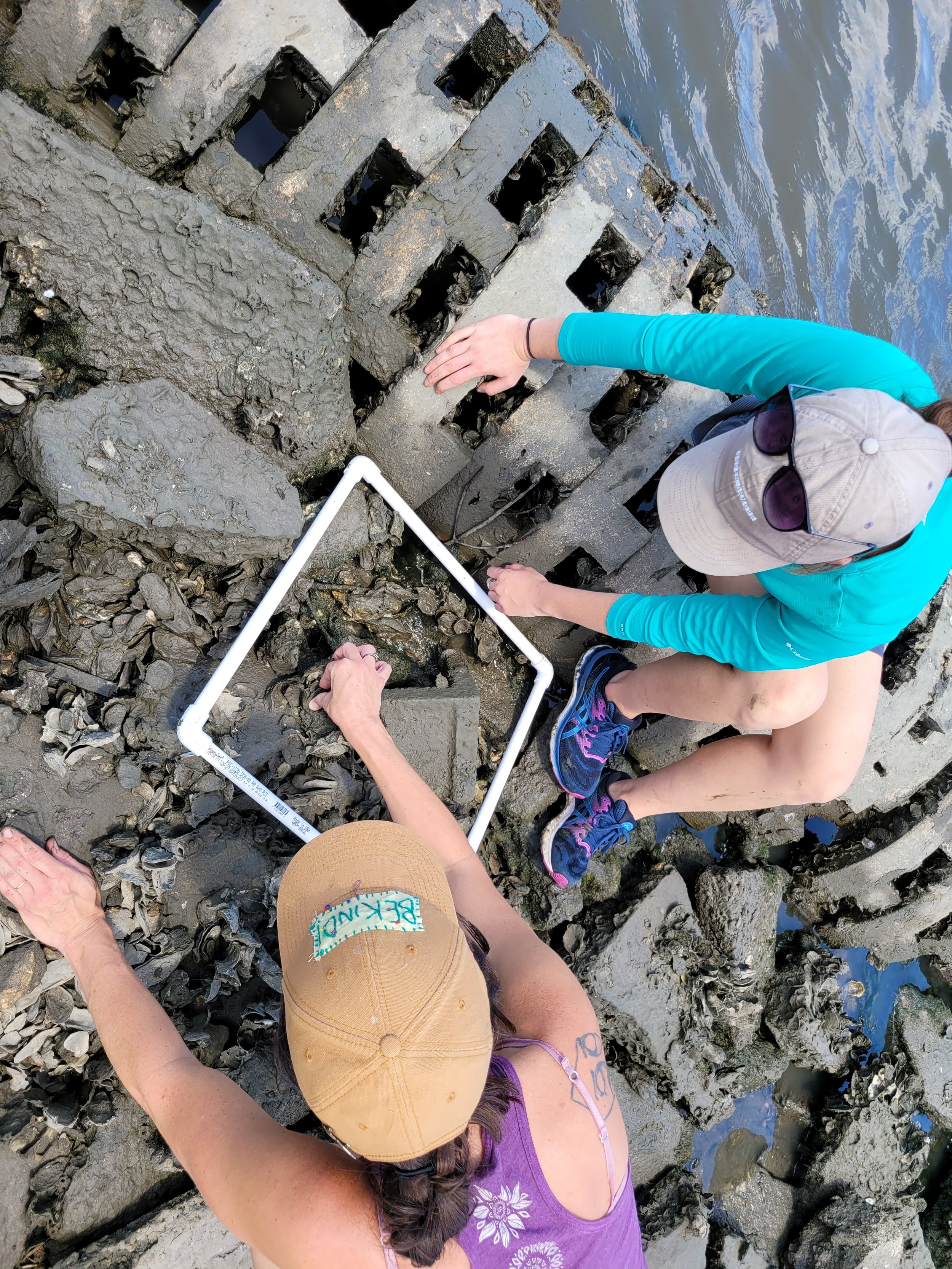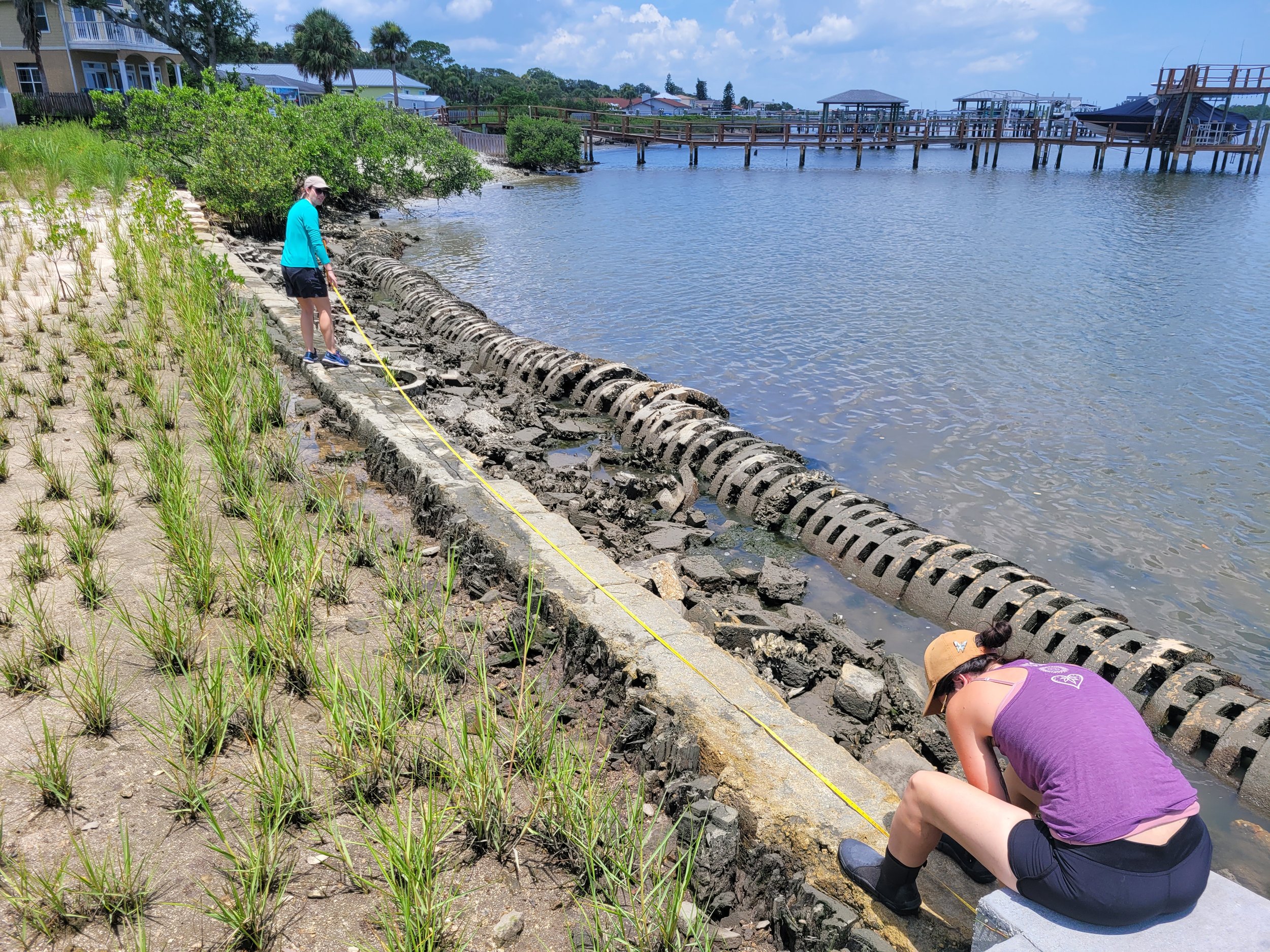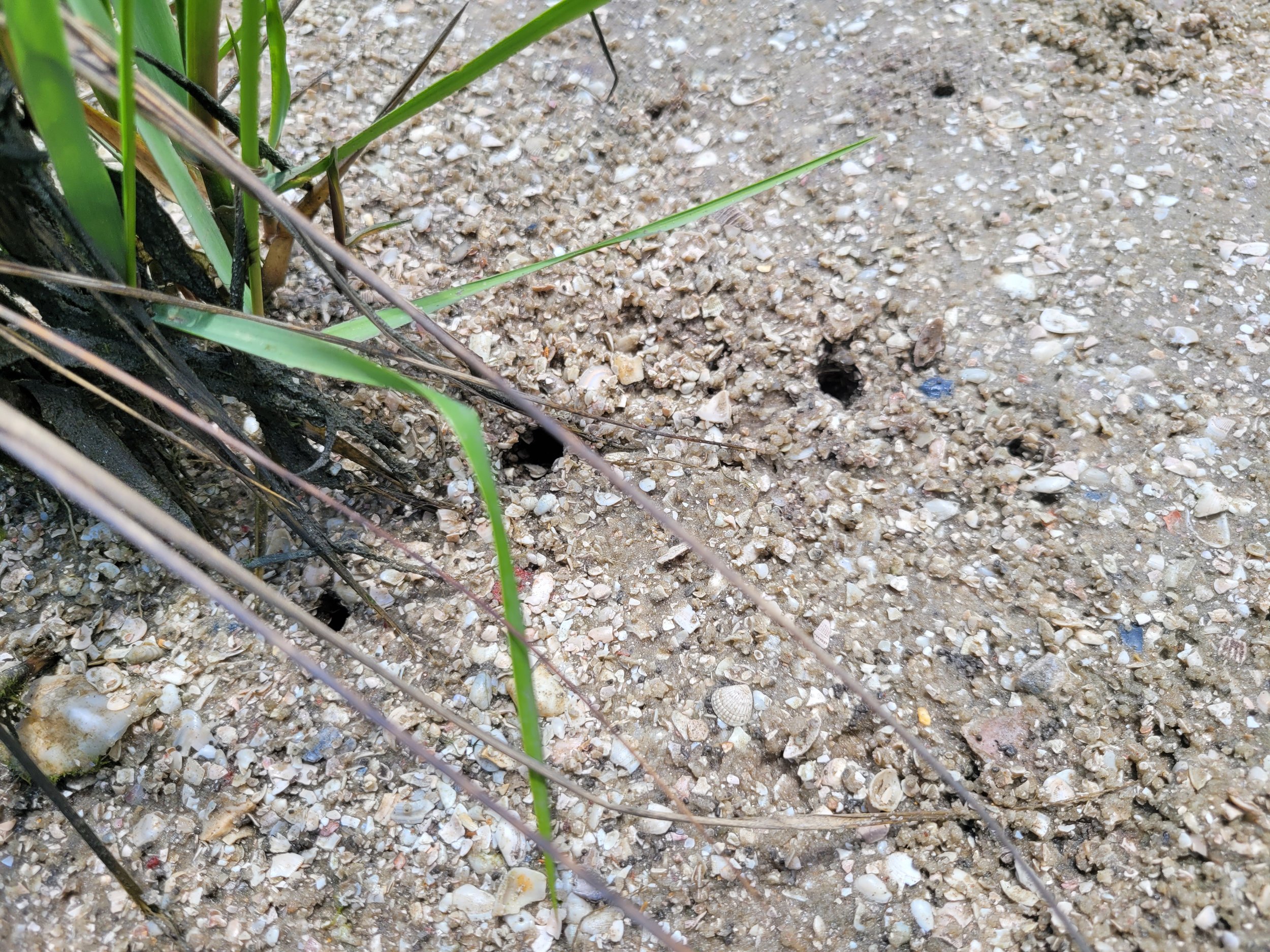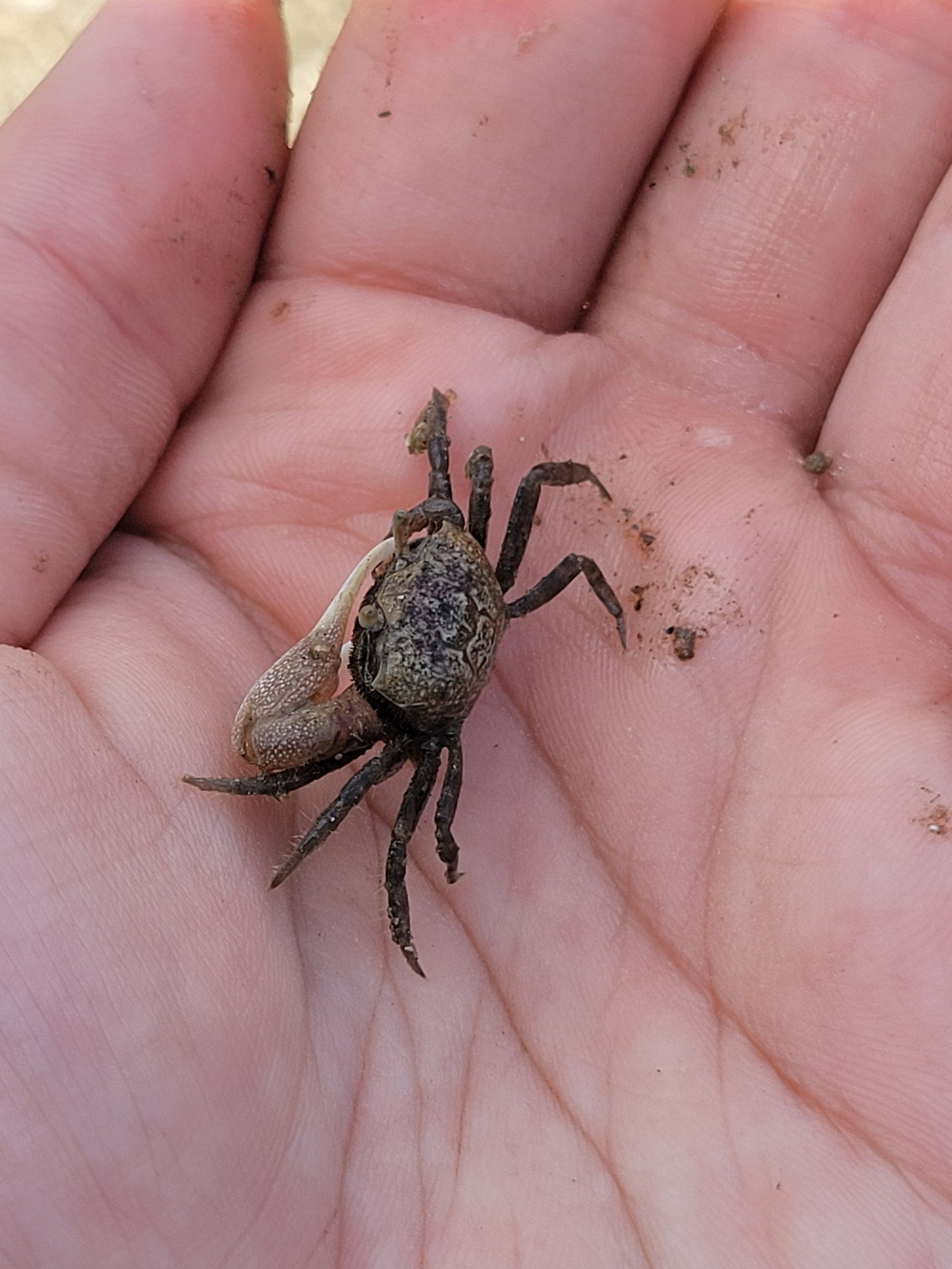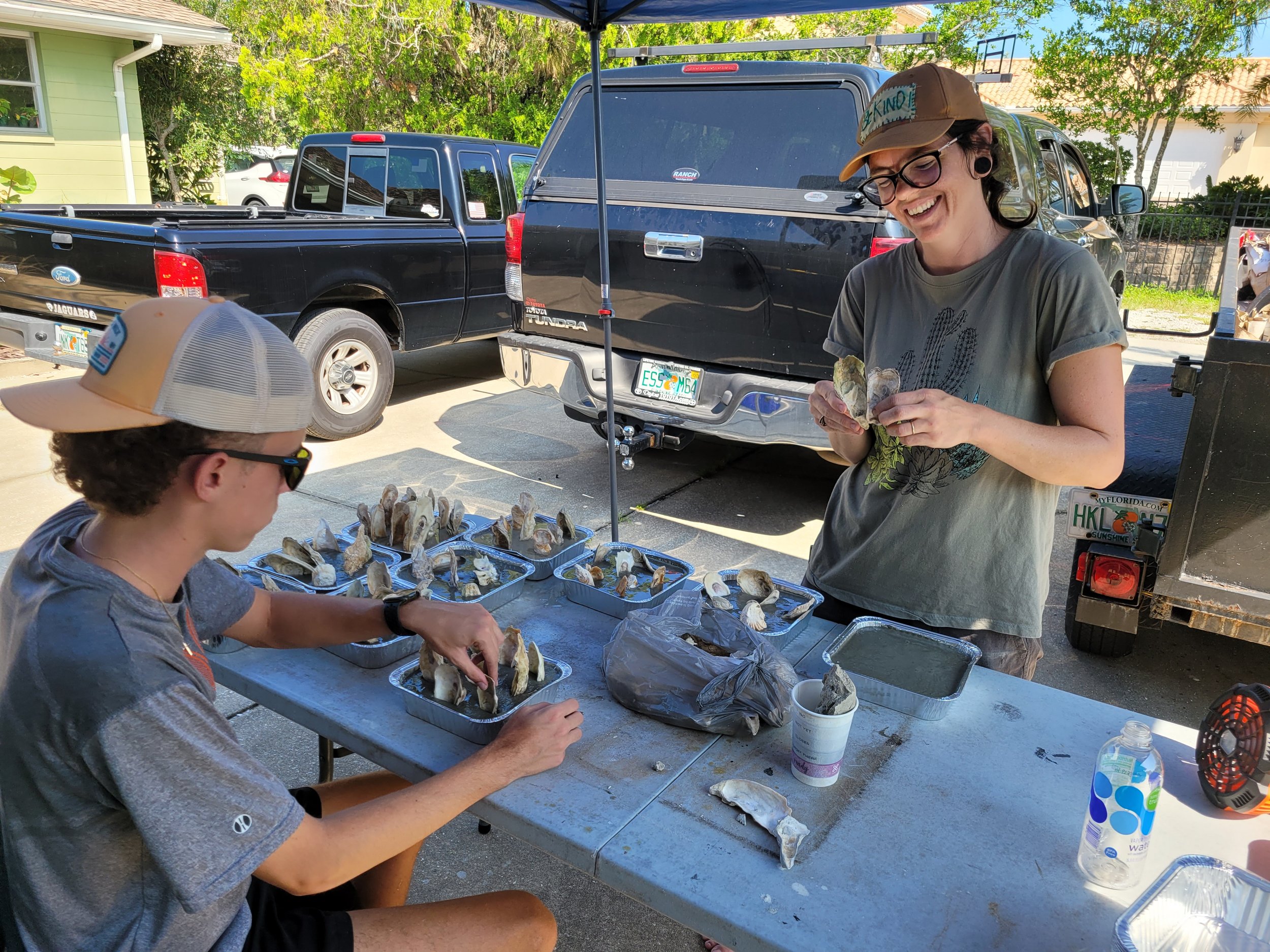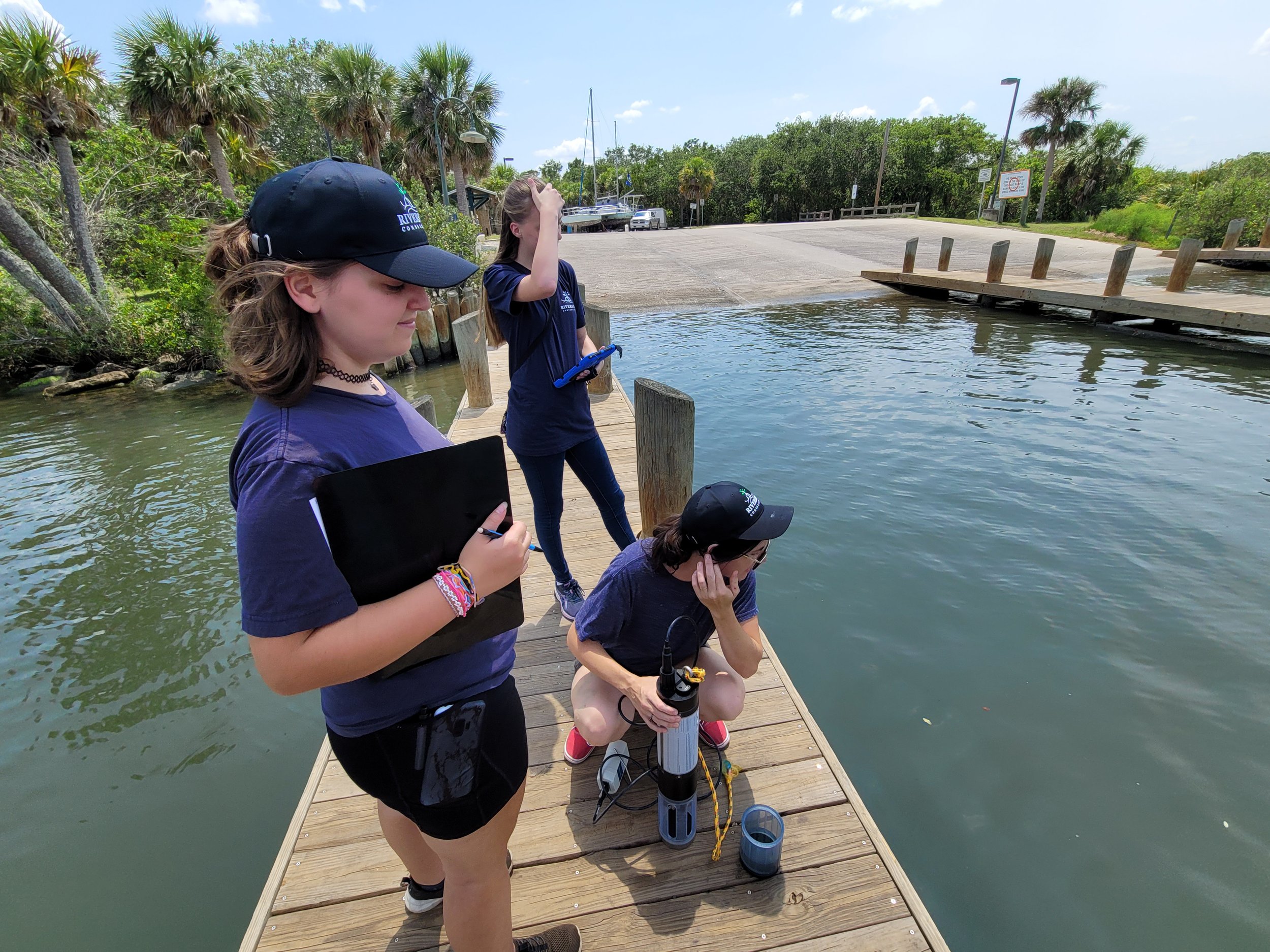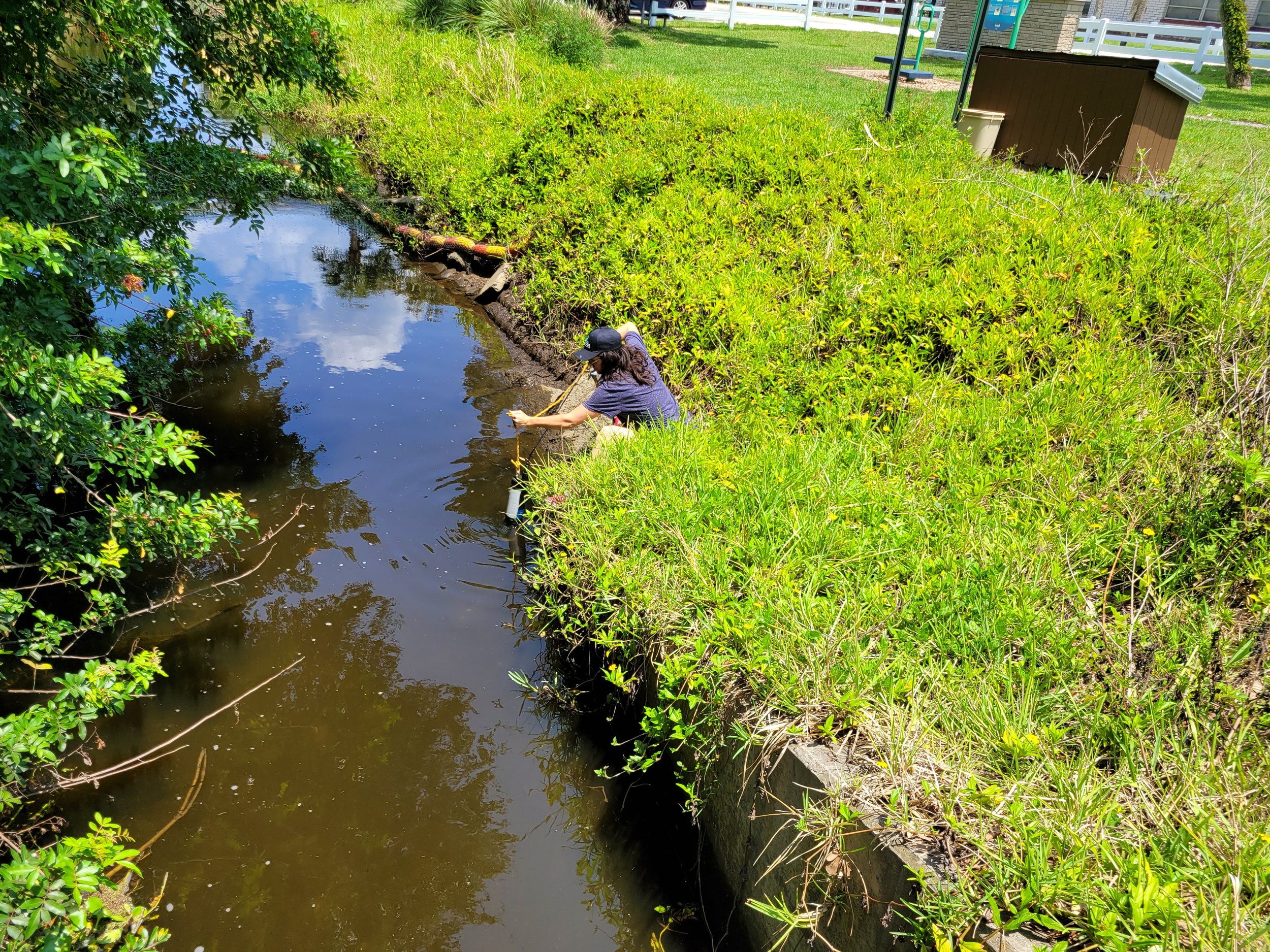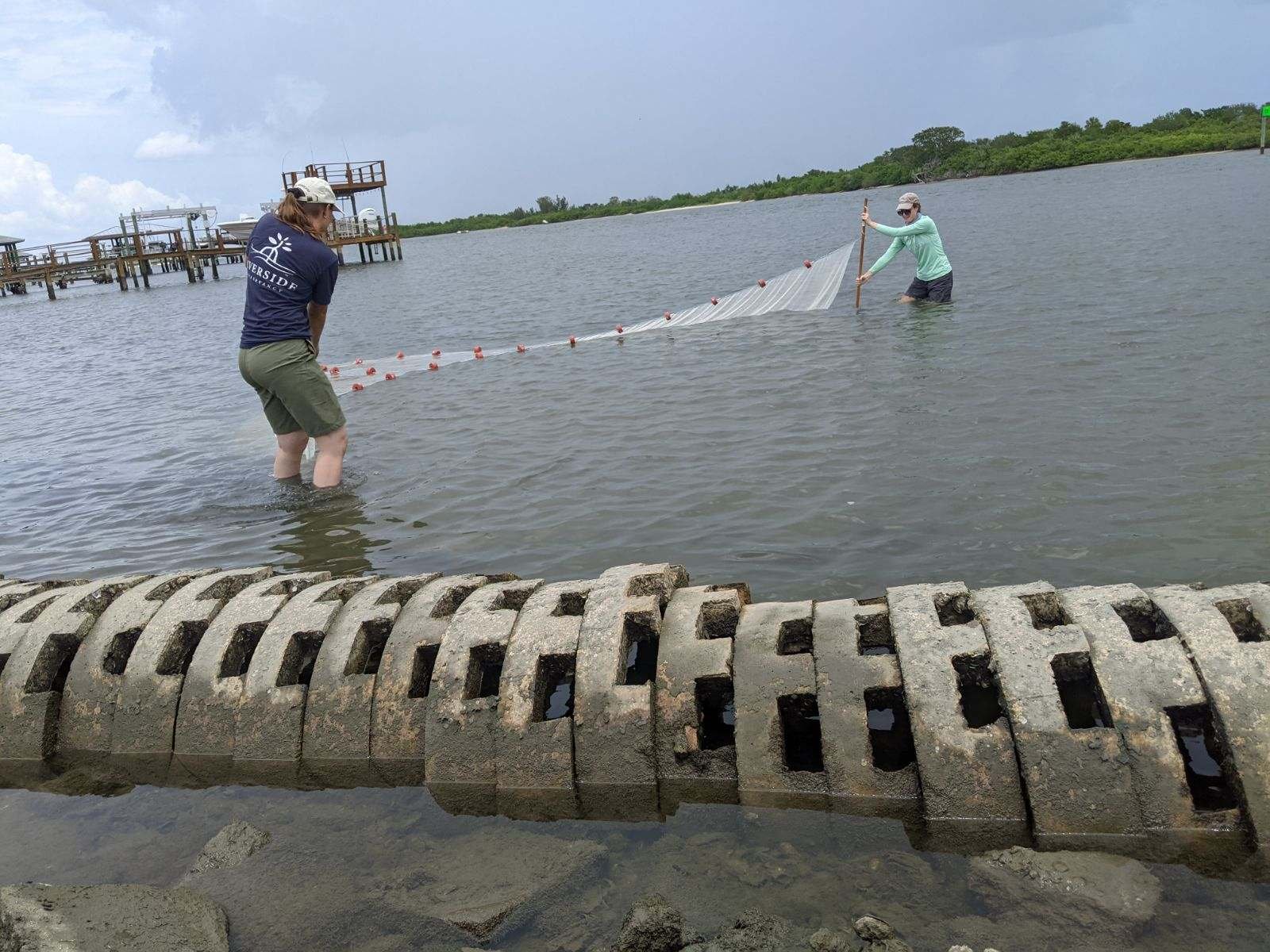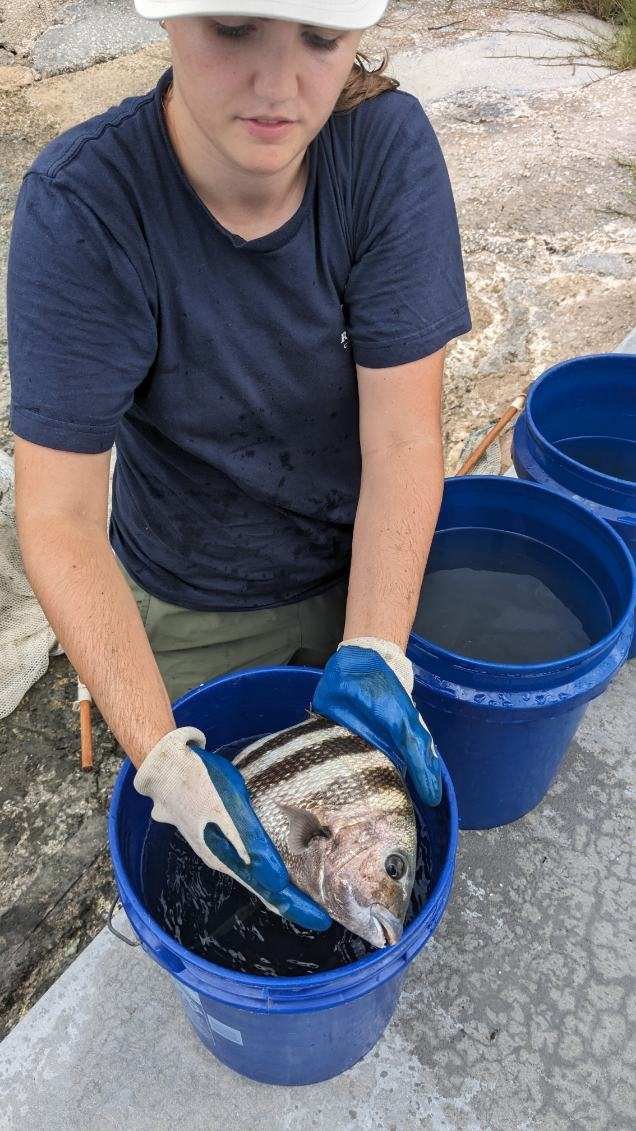Internships
The summer internship program is designed for students who aspire to work in the field of environmental science or policy. The ideal candidate will be a skilled problem solver, who likes to work in outdoor/unpredictable conditions, and is comfortable taking on a challenge and seeing it through to completion.
The internship application process is currently closed. Please check back for internship opportunities.
About
Are you a student who has a love for nature and a passion for creating change? Look no further, this is the program for you!
Our summer internship program will provide a select few with the chance to experience and actively participate in shoreline conservation and restoration in Volusia County, all while learning what it means to be a leader in our community. Interns will learn the importance of healthy and biologically diverse ecosystems, and may participate in classes or public meetings to deepen their understanding of our county’s natural environment.
The students will conduct STEM (Science/Technology/Engineering & Math) projects including water quality monitoring, field biology, and scientific excursions. They will hone their research, presentation, and leadership skills under the guidance of mentors and instructors, many of whom are experts in their fields. These chosen students will work alongside our community partners and may speak at youth events about water quality and conservation. They will also get the chance to talk to scientists and researchers, and even lead small groups in a project. They will learn the importance of preserving and enhancing their community and the environment, as well as planting “living shorelines,” which are riverfront or coastal areas that are vegetated with native plants. Additionally, these students may get to present their research findings to a local government or scientific symposium.
This immersive program will give interns the opportunity to work in a field that is important to the economy and health of our community.
The Goal
The overarching goal for this program is the education of future generations who understand that a healthy community relies on harmony between the citizens and the nature around them. Interns will learn that the restoration and enhancement of lands and waterways help create a more prosperous and healthy society. The students in this program will learn in the field and at research institutions. They will have the opportunity to internalize the core value of being good stewards of the environment while learning job and leadership skills. Riverside Conservancy Interns will be ambassadors to their peers and an inspiration to the people around them. As their knowledge and participation increases, there will be more people working toward healthy habitats, which benefits our entire community.
Meet the 2024 Riverside Conservancy Interns
The Riverside Conservancy Summer of 2024 interns are both college and high school students. Meet them here:
Alicia Dyer – from DeBary, Fla., attends Daytona State College and is working on a degree in environmental biology. Alicia became interested in this field after volunteering for three years at Riverside Conservancy.
“I like being outdoors and I enjoy working in ways that make a difference in the environment. I definitely know more about our native plants through volunteering at Riverside Conservancy and I’ve learned different methods of shoreline restoration.”
Denae Johnson – from Deland, Fla., is a junior this fall at Grand Canyon University in Phoenix, Ariz. She is majoring in biology and has experience in conducting scientific research, water sampling and planting shoreline vegetation.
“I was born and raised in Montana, but despite being from a landlocked state, I've always had a deep love for the ocean, as well as a healthy fear of it. It wasn't until I got SCUBA certified when I was 14, that I was able to overcome that fear. It also helped me realize that I wanted to have a future career based around the ocean. I am passionate about cleaning up the ocean from trash and other pollutants that have been dumped there.”
Jordan Platt – of Port Orange, Fla., is a junior in the International Baccalaureate (IB) program at Spruce Creek High School. He also has taken Advanced Placement classes at Spruce Creek and his science-fair research has been focused on mangroves and on developing a better way to grow them quickly to help with phytoremediation and carbon sequestration. He recently competed in the Volusia County Envirothon. During his freshman year of high school, he conducted a science-fair project on phytoremediation and participated in the Museum of Arts and Sciences (MOAS) internship program.
“I hope to expand my knowledge of aquatic ecosystems that I have developed through my science-fair projects. I wanted to get more hands-on experience in the field and this internship offered that. Perhaps most importantly, I want to be able to finally use all of the knowledge I have acquired and give back to my local environment and work to make it a better place for the future.”
Lindarelis Riera-Melendez – of Port Orange, Fla., is a junior at Spruce Creek High School. She has been enrolled in honors biology, honors chemistry, Advanced Placement environmental science, International Baccalaureate (IB) psychology and will take IB environmental science this year.
“I have been raised with the idea of how important it is to care for the planet. I’ve lived in Florida for the majority of my life and I think it’s so important to get locally involved. Most people put emphasis on big changes, but small changes can evolve into big changes that positively affect others.”
“After I graduate from high school, I plan to go to school to become an environmental lawyer so I can fight for our natural environment. I wanted the opportunity to work with Riverside Conservancy this summer to gain more insight on the habitat right here in our community.”
2023 Interns
Last year’s class of interns at Riverside Conservancy come from local colleges and one high school. The students were part of the Riverside Young Leaders in Conservation program, which was partially funded by Women United (United Way of Volusia-Flagler Co., Inc.).
Meet them here:
Amy King – from Mims, Fla., 17, is a rising senior this fall at Burns Science & Technology Charter School in Oak Hill, Fla. She plans to major in chemistry and is currently applying to colleges.
For her school science project, she developed a filament extruder to turn plastic water bottles into strands of filament used for 3-D printing. Amy entered her project into the county-wide Science Fair, and from there, she advanced into the Florida State Science Fair in April, where she finished fourth in state competition. That finish qualified her for the International Science and Engineering Fair in Dallas, Texas in May. Amy was also invited to participate in New Smyrna Beach’s annual ShORE Symposium in April, where she finished in second place for her poster presentation on plastic pollution.
“When my school came to Riverside Conservancy on a school field trip, we learned about living shorelines and the importance of planting mangroves. Now, in my internship, we have used the Sonde [device] to monitor water quality around living shorelines and we have also planted in the salt marsh. I’ve lived in Florida my whole life and we have pretty amazing environmental things all around us, so it’s good to get involved with it.”
“I think the big thing about science is it’s collaborative. When you work with different people at a place like Riverside Conservancy, everyone has a different perspective and a different knowledge set. Learning different perspectives, techniques and gaining knowledge in different areas of science is valuable. It’s not just about going out in the field and gathering data. There’s also a communication aspect to it.”
Nathan Peterson – of Deland, Fla., 18, graduated from University High School in Orange City in June 2023, and will enter Stetson University this fall to study finance with a career interest in financial advising and investing. He has previously volunteered at Manatee Cove Elementary School assisting with classroom setup and miscellaneous tasks.
“I’ve always been interested in the environment and it’s always been important to my family. At Riverside Conservancy, I’ve learned about the importance of water quality and ways to ensure it.”
“This experience has helped teach me that it’s OK to get out of your normal day-to-day routine and do something different. I’ll also take the lessons I’ve learned about ways to be a good environmental steward into the future.”
Alicia Dyer – from DeBary, Fla., 24, attends Daytona State College and is working on a degree in environmental biology. Alicia got interested in this field because she always liked science in high school. She became involved at Riverside Conservancy as a volunteer two years ago.
“I like what Riverside does and I enjoy going there and helping with various projects. I finally learned how to differentiate the three different species of mangrove trees. I also didn’t realize how bad our water quality in the lagoon was until I worked there. I had heard that manatees were declining and I knew that the lagoon was getting more polluted, but I didn’t realize how bad it was until I started getting involved at Riverside.”
“And while I’ve learned how the water quality in the lagoon has had its challenges, I’ve also learned how we can make it better. I appreciate that the seagrass is coming back in some places in the lagoon. I also like the connections I’ve made at Riverside Conservancy. Being involved there will definitely help with my resume.”
Joy Smith – of Deland, Fla., 34, mother of four (ages 7 months to 9), attends Daytona State College and is studying in the environmental science/technology program. She worked as a tutor at the writing center at Daytona State College. An artist, she also sold art and worked on an off-grid farm for a while with her husband in California and Washington before returning to Florida, calling that experience “nature immersion.”
“I grew up in Florida near Clark Bay and my parents had acreage, so I played in the woods and liked magical stories. Over time, I realized that nature is real magic! We spent a lot of time at Blue Spring Park, which was a really magical place, and also in the Ocala National Forest. I didn’t know what everything was called, but since I have been taking classes at Daytona State, I’m more aware of different species and their purpose, especially in the wetlands. And as a mom, I’m trying to share nature with my children. I believe the next generation will make the future choices about the environment.”
“I was going to study art and become an art teacher, but I switched into environmental science. I wanted to do something meaningful. I also hope to find a way to combine art and environmental science.”
“At Riverside Conservancy, I can see how projects are started and tasks are accomplished and I can ask questions about grant writing and permit writing. I’ve also been able to work with the quadrats, which we haven’t done in our college classes. It’s a physical experience to match what I’m learning in class and it has put me into this world of environmental work with others who have a passion for it.”
Oyster Habitat Restoration
Interns created oyster reef habitats used in shoreline restoration projects. At the Marine Discovery Center, interns attended a BESE Mat workshop. At the Riverside Conservancy Center, interns created CORE Oyster Modules designed by the University of Florida.
Water quality testing
Summer interns sampled water quality at different restoration sites in the Indian River Lagoon using a multiparameter sonde. They also attended lectures and field days with Volusia County staff to learn about how local scientists interpret and record water quality data.
Benthic Sampling
In collaboration with Dr. Corie Charpentier at Stetson University, interns used quadrat analysis to study invertebrate organism recruitment on the Riverside Conservancy Center’s living shoreline.
Fiddler Crab Surveying
Using quadrats and a transect line, interns studied a new colony of fiddler crabs that have established on the Riverside Conservancy Center’s living shoreline. Interns recorded the number of burrows present at random intervals along the shoreline.
Seine Netting
Dr. Corie Charpentier also let Riverside Conservancy and the interns use Stetson’s seine net to sample along the Riverside Conservancy’s Center’s oyster reef. Interns helped create a species diversity count before releasing the organisms back into the Lagoon.
